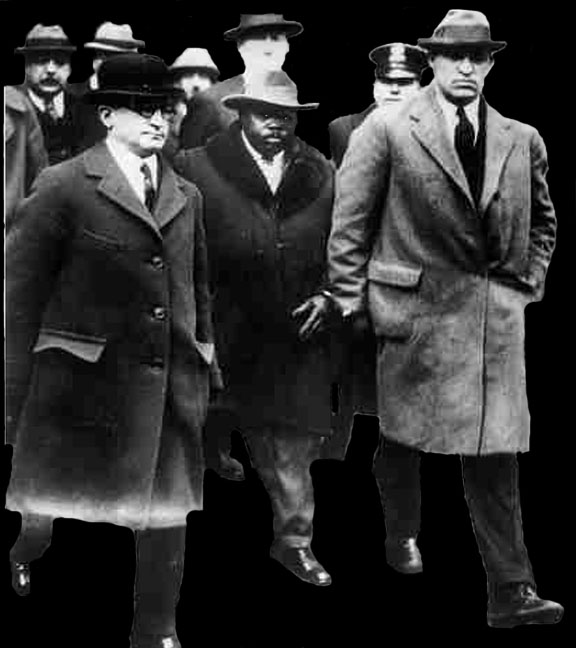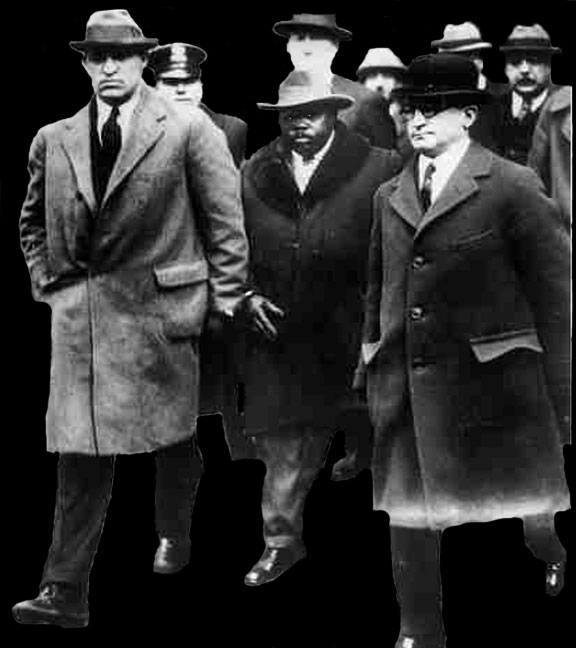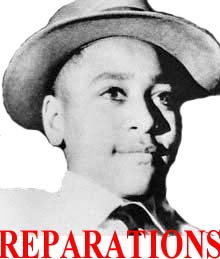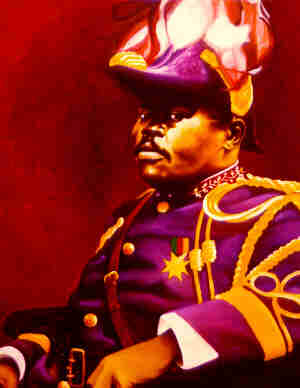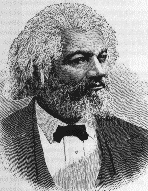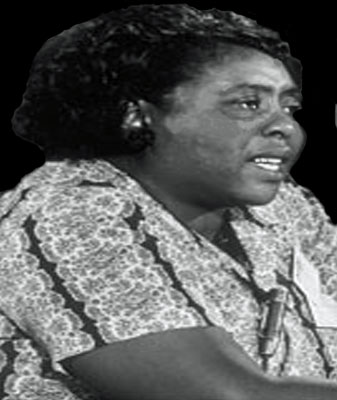aa
|
Marcus Garvey
Dissemination of the Lessons
Garvey's School of African Philosophy was advertised in the
Black Man throughout 1938, and in February 1939 Garvey announced that several
more students had completed the lessons. In May 1939 a second session of the
school was taught by Garvey at the Beaumont Crescent headquarters in London, and
in June he released a new list of graduates, most of whom were from the United
States. African graduates included Mr. J. O. Nwanolue, Onitsha, Nigeria; Mr.
D. S. Musoke, Kampala, Uganda; and Mr. H. Illitintro, Cape Province, South
Africa. African interest in the school did not go un-noticed by colonial
authorities. On 22 June 1939 an intelligence report was sent to the chief
secretary in Nairobi, Kenya, by the provincial commissioner of Nyanza province,
reporting that collections were being taken up in North Kavirondo, Kenya, to pay
for Garvey's correspondence course.
In the years immediately following Garvey's death the
correspondence lessons from the School of African Philosophy continued to be
circulated. Charles James of Philadelphia and James Stewart of Cleveland, both
graduates of the original 1937 session in Toronto, continued to offer the course
to applicants by mail. Later, William Sherrill offered the course to students
through advertisements in the Philadelphia Garvey's Voice in the 1950s, and
Clifford Barnes, commissioner of Louisiana, served as examiner for those
students who subscribed to the correspondence course through Stewart's wing of
the movement in the late 1940s.

|
|
a |

